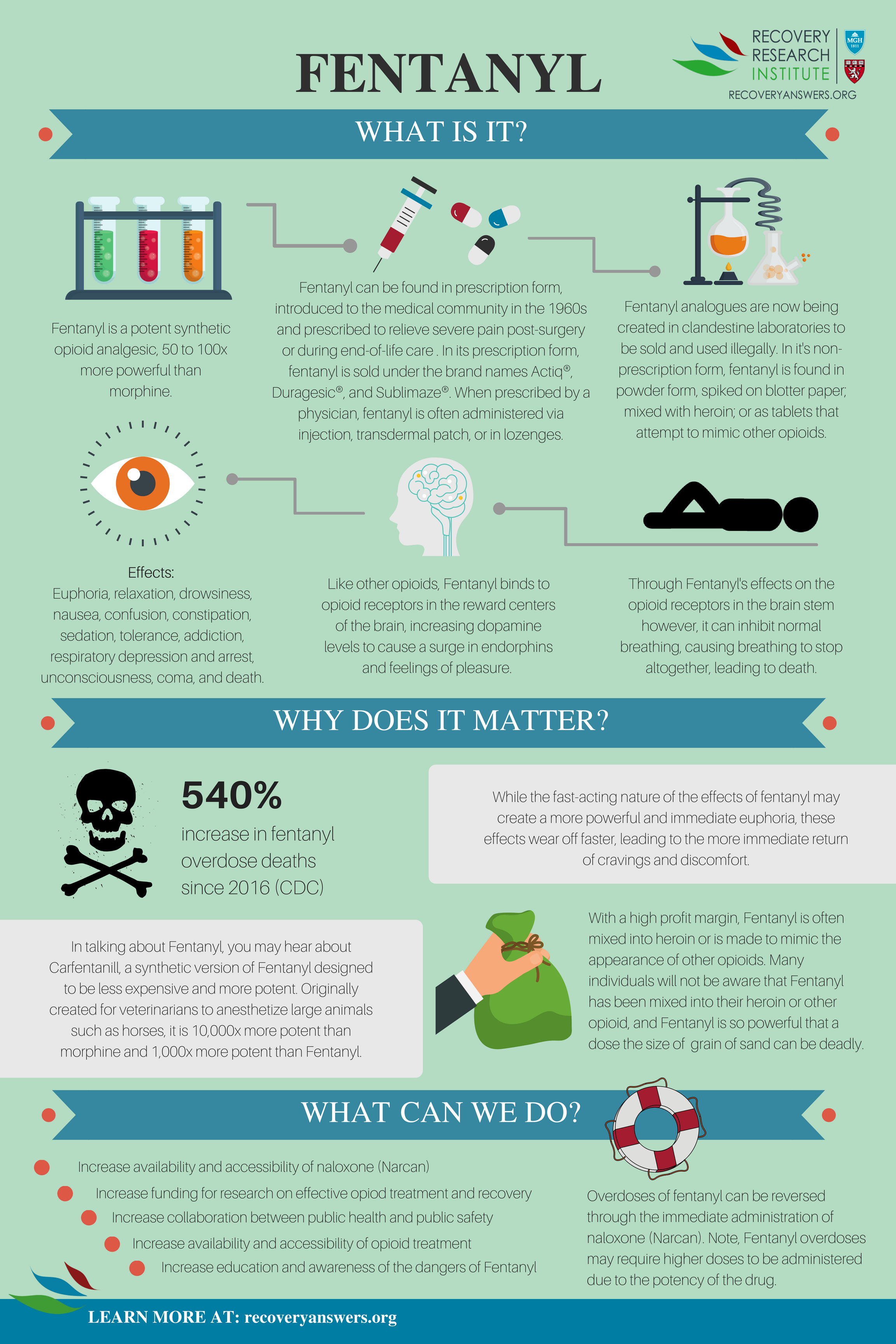Handling Triggers And Cravings After Drug Rehab
Handling Triggers And Cravings After Drug Rehab
Blog Article
Content Author-Jernigan Jansen
You've finished Drug rehab and taken a substantial action in the direction of a much healthier way of life. And now, facing triggers and cravings post-rehab can be a difficult trip. Exactly how do you browse with these minutes without jeopardizing your progression? Recognizing the approaches to deal with triggers and yearnings is essential in keeping your soberness. Let's check out reliable means to deal with these obstacles and protect your newfound dedication to living a drug-free life.
Identifying Triggers and Desires
To effectively manage your triggers and food cravings, begin by recognizing the circumstances or feelings that lead to your need to use. Take Addiction Treatment Centers near costa mesa 92708 to reflect on what conditions or feelings motivate your desires. Is it tension, monotony, social situations, or specific locations? By pinpointing these triggers, you can better prepare yourself to cope with them.
Triggers can be both internal, such as negative feelings or physical pain, and exterior, like being around individuals who use materials or visiting a specific place.
Take notice of patterns in your yearnings-- are they a lot more frequent at specific times of the day or in feedback to details occasions?
Building Healthy Coping Techniques
Determining your triggers and cravings is the initial step towards structure healthy coping methods to manage them effectively. Once you understand what circumstances, feelings, or people activate your yearnings, you can begin developing a plan to resolve them.
One effective approach is to replace adverse actions with favorable ones. For example, if stress causes desires, exercising leisure techniques such as deep breathing or reflection can aid. Taking part in physical activities such as exercise or opting for a stroll can also be a great way to cope with desires.
One more crucial facet of structure healthy coping strategies is to produce an encouraging setting. Surround on your own with people who recognize your journey and can give inspiration and responsibility. visit site is necessary to develop boundaries with people who may not sustain your healing.
Additionally, developing a regimen that consists of healthy and balanced behaviors like normal workout, correct nourishment, and adequate rest can help you remain on track and decrease the probability of experiencing triggers and yearnings.
Seeking Assistance and Responsibility
Producing a network of supportive individuals that can provide encouragement and hold you responsible is essential in managing triggers and desires successfully. Seek out pals, relative, or a support group that understand your journey and can supply guidance when you encounter challenging circumstances.
Having a person to talk to throughout moments of lure can make a substantial distinction in staying on track with your healing. Liability partners can aid you remain concentrated on your objectives and remind you of the reasons that you chose to seek aid to begin with.
They can likewise help in creating a structured strategy to manage triggers and food cravings, such as developing alternate tasks or dealing devices to change the urge to make use of medications. Routine check-ins with your support system can give reassurance and motivation, aiding you really feel less separated in your recovery trip.
Final thought
Remember, acknowledging and handling triggers and yearnings after Drug rehabilitation is a crucial element of preserving sobriety.
By determining your triggers, developing healthy coping methods, and seeking assistance from enjoyed ones or support system, you can browse with challenging minutes and remain concentrated on your soberness objectives.
Keep in mind, you aren't alone in this journey, and with the right tools and support, you can overcome lures and live a meeting, drug-free life.
Remain solid and maintain progressing.
